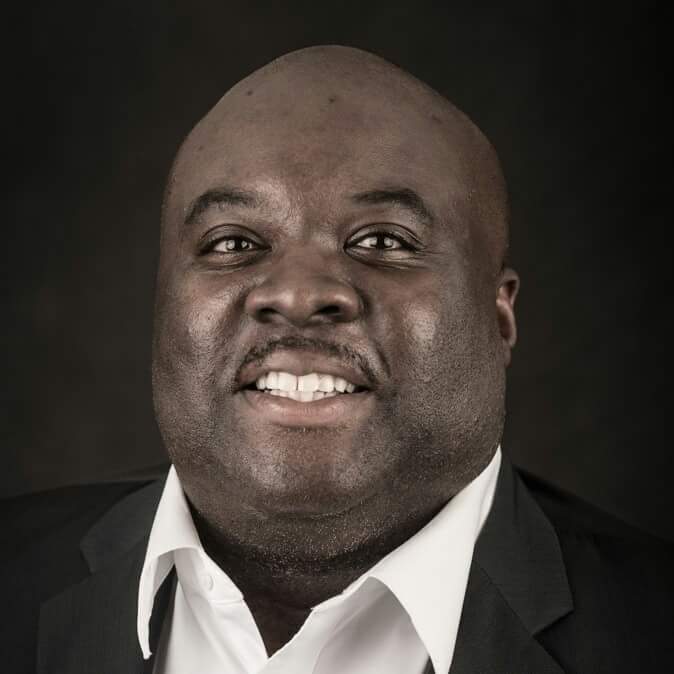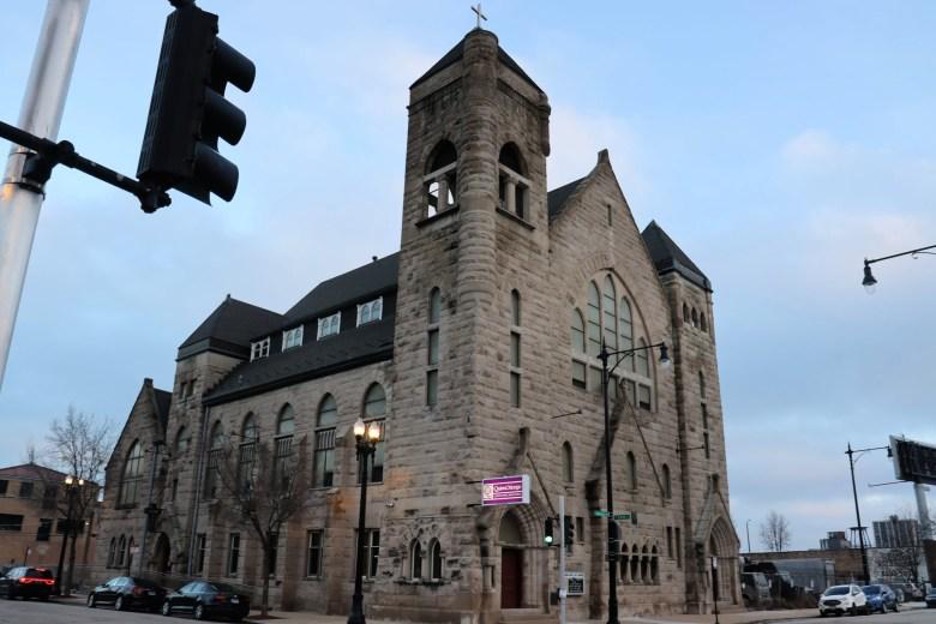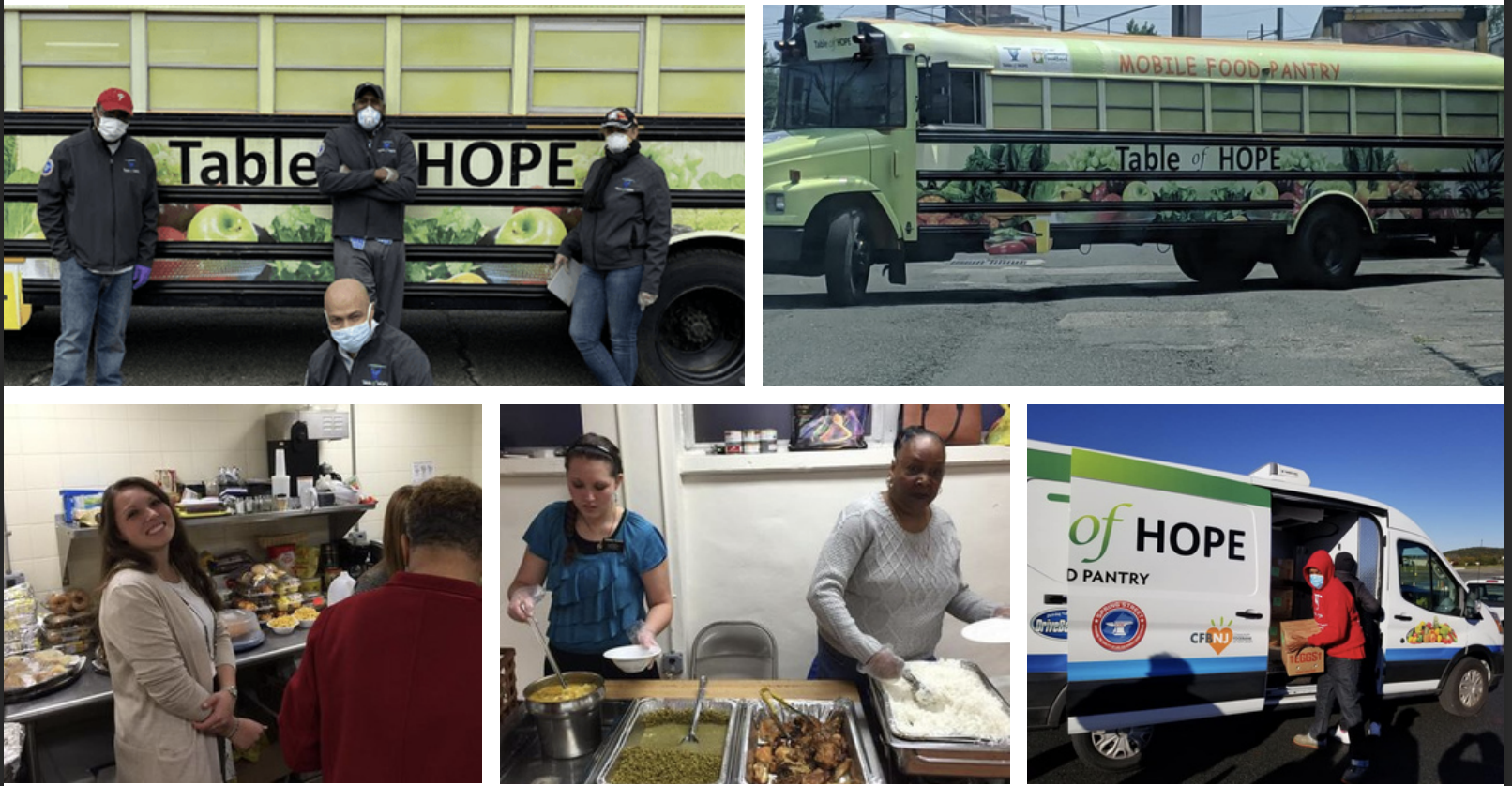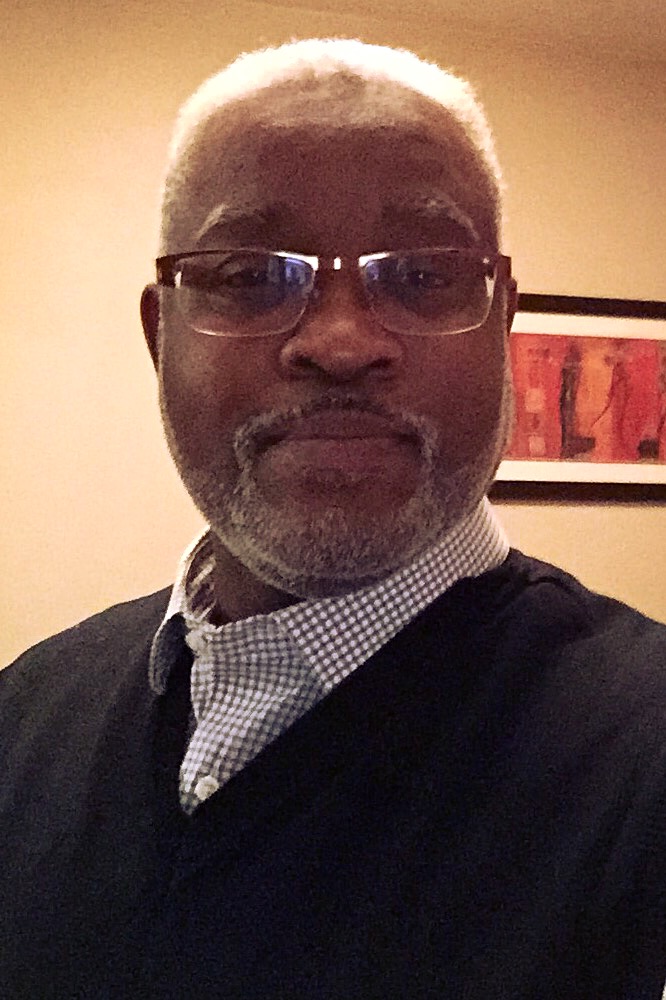Prince’s death from Fentanyl highlights the rise in Opioid addiction in the Black Community
By Chuck Hobbs, Columnist
This past April 19th, nearly two years to the day that Pop music legend Prince died at his home in Minneapolis, authorities confirmed that the singer died from an overdose of Fentanyl, a synthetic opioid also known to have led to the deaths of singer Tom Petty, actors Heath Ledger and Phillip Seymour Hoffman, and entertainment legend Michael Jackson.
That Prince and Michael Jackson died from opioid abuse is significant for another reason, as the pair serve as the most famous examples of a grim truth, which is that opioid addiction–and deaths–are on the rise among blacks in America.
While there have been myriad stories in the national press over the last few years about the opioid epidemic among whites, including narratives that have juxtaposed the national policy response to this form of drug addiction (treatment), as opposed to previous responses to heroin and crack cocaine epidemics (incarceration) that were greatly stratified along racial lines, what has been lost is that the opioid epidemic is not a “whites only” issue; black deaths due to opioid addiction have spiked at an alarming rate and show no sign of decline in the near future.
HISTORY
The roots of the opioid epidemic can be traced back to the early 90s when physicians, spurred on by savvy marketing from major pharmaceutical companies that often hid or minimized the addictive nature of these powerful pain control medications, began prescribing the same for chronic pain brought about through myriad illnesses, including Cancer, and post-operative care.
“Opioids” are derived from the word “opium,” and some of the more commonly prescribed legal forms are morphine, hydrocodone, and oxycodone. Among illicit opioids include heroin and the black market variety of Fentanyl, a mixture that in its most potent synthetic form, is 50 times more powerful than heroin, and 100 times more powerful than morphine, according to reports from U.S. Drug Enforcement Agency.
RISE OF BLACK DEATHS
As blacks only comprise roughly 13 percent of the U.S. population, the sheer numbers of black deaths from opioid overdose pale in comparison to those of whites. But from a proportional standpoint, black deaths have increased far more dramatically since 1999, a fact that is exacerbated by the health insurance disparities which allow fewer blacks to be able to enroll in the rehabilitation programs necessary to fight addiction.
Speaking to NPR reporter Marisa Penaloza, Washington, D.C. based Dr. Edwin Chapman, an addiction specialist, said this past March that, “It’s a frightening time…because the urban African-American community is dying now at a faster rate than the epidemic in the suburbs and rural areas.” The NPR article further notes that, “According to the Office of the Medical Examiner in Washington, D.C., overall opioid overdose deaths among black men between the ages of 40 and 69 increased 245 percent from 2014 to 2017.
In a New York Times interview from this past December, Dr. Andrew Kolodny, the co-director of opioid policy research at Brandeis University’s Heller School for Social Policy and Management, suggested that implicit bias among doctors who feared that prescribing legal opiates to blacks could lead to illegal barter and trade, coupled with racial stereotypes that the opioid epidemic is solely relegated to white suburban and rural areas, have created the false impression that this form of addiction does not cross racial, gender and socio-economic lines. Kolodny opines that, “The answer is that racial stereotypes are protecting these (black) patients from the addiction epidemic.”
The numbers, however suggest otherwise; in Florida, according to data from the Centers for Disease Control (CDC), black deaths from opioid overdose rose from 16 per 100k residents, to 24 per 100k residents.
Further, for both black and white patients who became hooked on opioids due to a lack of information decades ago about the addictive properties of this legal class of drugs, the proliferation of illegal and easily obtainable drugs like synthetic fentanyl, heroin laced with synthetic fentanyl, and synthetic fentanyl sold as heroin, are drastically increasing the burdens upon city, county and state governments who are forced to shoulder the costs of uninsured and under-insured patients who present to emergency rooms or county jail facilities lacking the ability to pay for the necessary treatment.
SOLUTIONS
In 2017, President Donald Trump signaled that attacking the opioid addiction crisis was a priority for his administration and during his first year in office, he rolled back decades old policies that prevented States from providing more access to treatment facilities with limits of 16 beds or fewer. The president has also called for greater education among providers and patients about the addictive nature of opiates, while further pushing major pharmaceutical companies to design classes of pain killing drugs with less addictive properties.
Cognizant that any new drugs could be years–if not decades–in the making and/or common usage, in the interim, it is critical that the major pharmaceutical companies who have raked in multiple billions of dollars in profits at the expense of patients who are now addicted to their drugs, or those who have become addicted and seek illicit synthetic alternatives, should require the same corporations to bear the costs directly to the governmental entities, hospitals, treatment facilities and yes, the patients themselves who have struggled with addiction. Or directly to those who, like Prince, Michael Jackson and countless others, have paid the ultimate price by losing their lives.
The goal of forcing major pharmaceutical companies to pay will only be accomplished through mass tort litigation; should you find yourself called for jury service on such cases in the near future, to quote the late King of Pop, Michael Jackson, lest you forget that when it comes to opioid addiction, “it doesn’t matter if you’re black or white.”
Mr. Chuck Hobbs is a trial lawyer and award-winning freelance writer who resides in Tallahassee, Florida. Hobbs is a member of Bethel AME Church, under the pastoral leadership of the Rev. Dr. Julius McAllister, Jr. He publishes regularly on the Hobbservationpoint.com blog site. Reach him at hobbsc72@gmail.com and follow him on Twitter @RealChuckHobbs.





